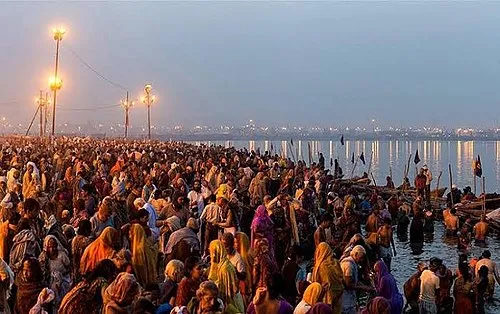
Celebrating Constitution Day in Mongolia
Constitution Day, or Худалдааны өдөр (Khudaldaany Ödör), is a significant national holiday celebrated in Mongolia on January 13th each year. This day commemorates the adoption of the country's first constitution in 1924, marking a pivotal moment in Mongolia's journey towards democracy and social reform.
The Historical Significance of Constitution Day
The Constitution of Mongolia is a cornerstone of the nation’s legal framework, defining the rights and responsibilities of its citizens. The day serves as a reminder of the democratic values and principles that guide modern Mongolia. Originally adopted in 1924 during a period of significant social and political upheaval, the constitution laid the groundwork for a new government system, promoting equality, freedom, and justice.
Evolution of the Constitution
Since its initial adoption, the Constitution of Mongolia has undergone several revisions, with the most recent amendment occurring in 2019. The updates reflect the changing societal norms, economic landscapes, and international relations that Mongolia engages in. The Constitution enshrines essential rights such as freedom of speech, the right to assembly, and the protection of minority groups.
Events and Celebrations on Constitution Day
Constitution Day is marked by various events across the nation, including formal ceremonies, parades, and public discussions aimed at educating citizens about their rights and responsibilities under the constitution. Schools and universities often organize programs highlighting the importance of the rule of law and civic engagement.
In Ulaanbaatar, the capital city, the government hosts official celebrations featuring speeches from leaders, cultural performances, and exhibitions showcasing Mongolia's rich history and cultural diversity. These celebrations reinforce national pride and the commitment to upholding democratic values.
The Role of Youth in Promoting Constitutional Rights
With a young population driving Mongolia's future, young people play a crucial role in promoting constitutional awareness. Educational initiatives focusing on civic rights and responsibilities are actively encouraged in schools and universities. Student-led organizations often perform community outreach, illustrating how the constitution impacts everyday life.
International Perspective
Constitution Day in Mongolia is also an occasion for the international community to recognize Mongolia's commitment to democracy. The country has made significant strides since undergoing political transformation in the early 1990s. Engaging with global partners promotes shared values of justice, equality, and human rights.
Conclusion
As Mongolia continues to evolve in an increasingly globalized world, Constitution Day remains a vital part of the nation's identity. This day not only commemorates the legal framework established to protect citizens’ rights but also serves as a platform for future generations to engage in the democratic process. By honoring this important day, Mongolia reinforces its commitment to the principles of freedom, equality, and tolerance.






